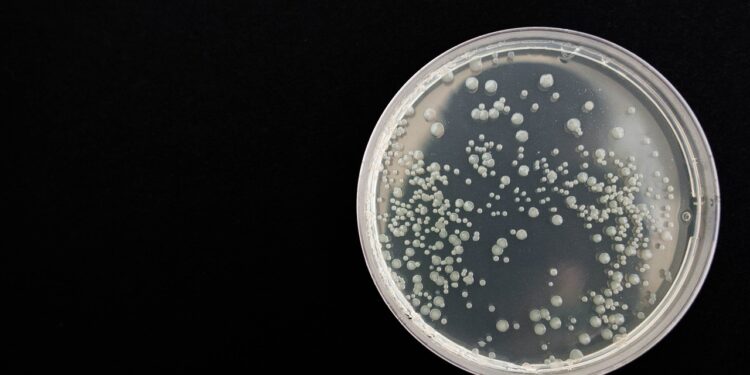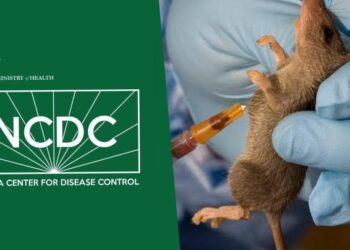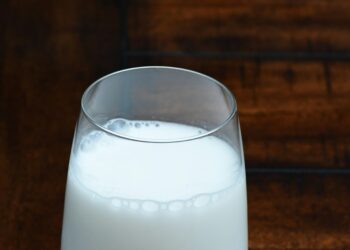When people talk about food poisoning, they usually mention bacteria like salmonella or E. Coli, but that’s not all of them. There’s another serious bacteria called Listeria that thrives in places like the food we eat, the soil, and even the water we drink. Eating food contaminated with Listeria can make a person get sick with an illness called Listeriosis.
Listeriosis is particularly dangerous for people who are pregnant, newborns, the elderly, and those born with a very weak immune system. In this article, we’re going to look at the symptoms, and spread of listeria.

What is Listeria?
Listeria is a kind of bacteria that causes people to be sick. But the most dangerous one is called Listeria monocytogenes, which can cause a disease called Listeriosis. Listeria monocytogenes can grow in different places like a cold environment. This bacteria is unlike many other germs, because it’s tough and can easily survive for a long time in food and also on surfaces.
Listeria bacteria can be found on raw vegetables, raw meat, and even unpasteurized dairy products like milk or cheese. Even animals can have Listeria bacteria in their system without getting sick, that way when their raw meat and produce are used to make food, it spreads the disease through food.
Symptoms of Listeriosis
Early Symptoms
- Fever
- Chills
- Headaches
- Muscle aches
- Fatigue
- Nausea
Severe Complications
- Meningitis
- Sepsis
Sources of Listeria Contamination
Listeria bacteria can easily contaminate various food items and environments.
Food Sources
- Deli meats: (hot dogs and cold cuts)
- Soft cheeses: (feta, brie, and camembert)
- Unpasteurized dairy products: (Raw milk and other dairy products)
- Fruits and Vegetables: (Fresh produce, esp. When it comes into contact with contaminated soil or water.
- Precooked Foods: (Ready-to-wear meals)
Environmental Sources
- Soil
- Water
- Animal Feces
Risk Factors of Listeriosis
As mentioned earlier, Listeriosis is a serious infection which can lead to severe complications like meningitis, and in a worse case, death. While this infection can affect anyone, there are certain people who are more vulnerable to it.
Pregnant Women: Pregnant women are more likely to be infected with listeriosis than the general population. This is because pregnancy weakens the immune system which helps the body to fight off infections. If a pregnant woman has listeriosis, it can lead to miscarriage, stillbirth, or premature delivery. However, it’s possible for the mother to experience only mild symptoms if she’s infected with listeriosis. Nevertheless, the bacteria can still severally affect the developing baby.
Newborns: Babies can be born with listeriosis if their mother contracted it during pregnancy. The immune system of a newborn is still very much underdeveloped, which makes them highly vulnerable to infections.
Older Adults: As people grow older, their body ages. The body wouldn’t be as effective as it used to be. Similarly, the immune system becomes ineffective at fighting infections, causing more adults to have this illness.
Bottom Line
The bottom line is that while most people know about bacteria like Salmonella and E. Coli, Listeria is another dangerous one that often gets missed. It can make certain groups of people, like pregnant women, babies, older adults, and those with weak immune systems, very sick.
Listeria spreads easily through food and can survive in cold places like fridges. It causes a serious infection called listeriosis, with symptoms ranging from mild to severe.

















